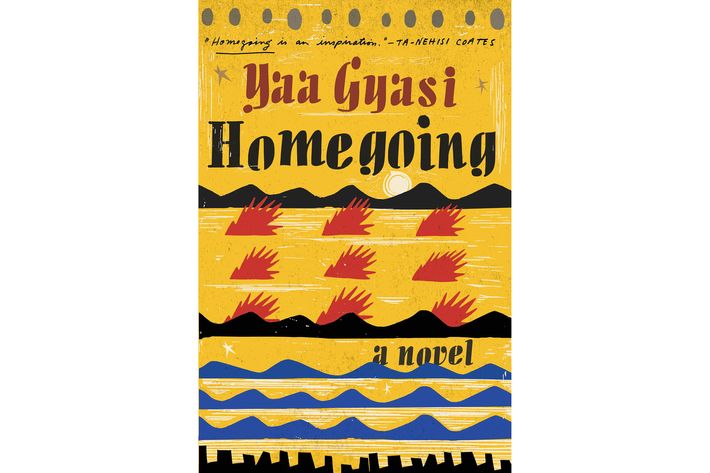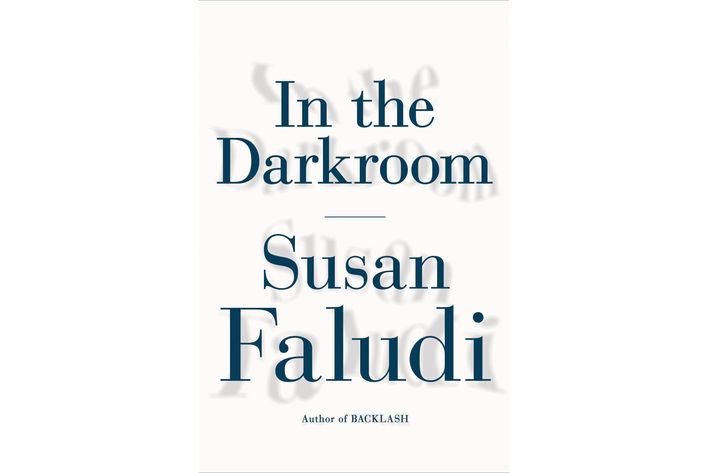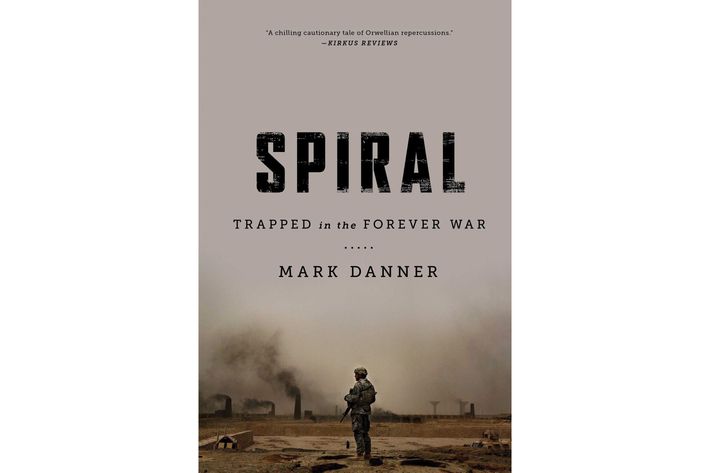
Each month, Boris Kachka offers nonfiction and fiction book recommendations. You should read as many of them as possible.

Homegoing, by Yaa Gyasi (Knopf, June 7)
The young Ghanaian-AmericanÔÇÖs debut novel largely merits the hype-bump delivered by Ta-Nehisi CoatesÔÇÖs tweet-blurb seven months ago (ÔÇ£Stay wokeÔÇØ). In 14 fine and searing chapter-long character studies, she follows the bloodline of two half-sisters ÔÇö one in Ghana before and after its founding, one in the U.S. before and after emancipation ÔÇö that is stalked for seven generations by sorrow and oppression. Though Homegoing feels a little like linked short stories, its family history steadily accretes and its resonance grows, along with GyasiÔÇÖs range and our empathy.

Barkskins, by Annie Proulx (Scribner, Jun 14)
JuneÔÇÖs other great multigenerational saga examines New World conquest through the other end of the telescope. In ProulxÔÇÖs first novel in 14 years (and her longest by far), the itinerant master of American life and landscape follows two Frenchmen who conquer and exploit CanadaÔÇÖs limitless woodlands, then tracks their industrialist descendants across national borders and centuries of resource depletion. This late-issue Proulx feels less like The Shipping News or her sere Wyoming stories than There Will Be Blood or Philipp MeyerÔÇÖs The Son (which she surely influenced).

IÔÇÖm Just a Person, by Tig Notaro (Ecco, June 14)
In the four years since the deadpan comic announced her cancer diagnosis in a routine that demolished the wall between comedy and tragedy, sheÔÇÖs starred in a documentary and worked on an Amazon series, both about the annus horribilis in which her mother died, a relationship ended, and she suffered from two near-fatal illnesses. What more can we glean from a memoir? Reflection, thoroughness, and long-term effects ÔÇö like a reconciliation with her distant father ÔÇö all related in a high-wire balancing act of clarity and pathos over a minefield of sentimental death-traps.

Grief Is the Thing With Feathers, by Max Porter (Graywolf, June 7)
Allusive and half-poetic, PorterÔÇÖs tribute to a familyÔÇÖs grief and to Crow, a cycle of Ted Hughes poems, is both simple and invigoratingly bizarre: A Hughes scholar and his two sons mourn the accidental death of their mother with the help, it seems, of a plastic crow come to life. ÔÇ£Dad,ÔÇØ ÔÇ£Crow,ÔÇØ and ÔÇ£BoysÔÇØ take turns narrating, tracing the arc of a mourning process that will neither be rushed nor slowed. You donÔÇÖt have to read HughesÔÇÖs Crow first, but you might as well; both books are short, strange, and timeless.

In the Darkroom, by Susan Faludi (Metropolitan, June 14)
A Pulitzer-winning journalist and feminist author (Backlash, Stiffed), Faludi was well positioned to stumble across the best story of her career: the transition of her estranged, overbearing father, Steven, a Hungarian Jewish survivor of the Nazis, into Stef├ínie, a 78-year-old woman. Assigned to tell her parentÔÇÖs story, Faludi digs deep into history and beneath Stef├ínieÔÇÖs enduring tendency to self-mythologize. ItÔÇÖs in FaludiÔÇÖs nature to go far beyond the personal, too, examining gender fluidity from the perspective of a last-wave feminist whose worldview is shifting all over again.

The Girls, by Emma Cline (Random House, June 14)
The young novelistÔÇÖs fictionalization of Charles MansonÔÇÖs murderous cult doesnÔÇÖt need to be nearly as well written as it is. Narrated by fresh cult inductee Evie Boyd and focused more on her relationship with a dark-hearted female acolyte than the black-hearted maniac leading them, itÔÇÖs a womanÔÇÖs twist on a sexy-scary tale in which obsession becomes a hinge joining love to hate. Cline might have gotten her famously enormous advance even if her writing werenÔÇÖt crystalline, self-contained, brimming with painterly metaphors and tactile similes. But as it happens, readers get all the pleasure and none of the guilt.

Spiral: Trapped in the Forever War, by Mark Danner (Simon & Schuster, June 14)
The story of our so-called War on Terror too often bifurcates into two opposed narratives: the radicals are steadily winning, or we are quietly destroying them. Danner is a seasoned war journalist, but his new book is more of a reframing of what we know into a third narrative, of a depressing stalemate in which weÔÇÖre all complicit. A ÔÇ£state of exceptionÔÇØ created by Bush and perpetuated by Obama has resulted in torture, extra-legal detention, drone strikes, and blanket surveillance ÔÇö all of which only feeds the cycle of terror and retaliation, which only exposure and accountability can break.

